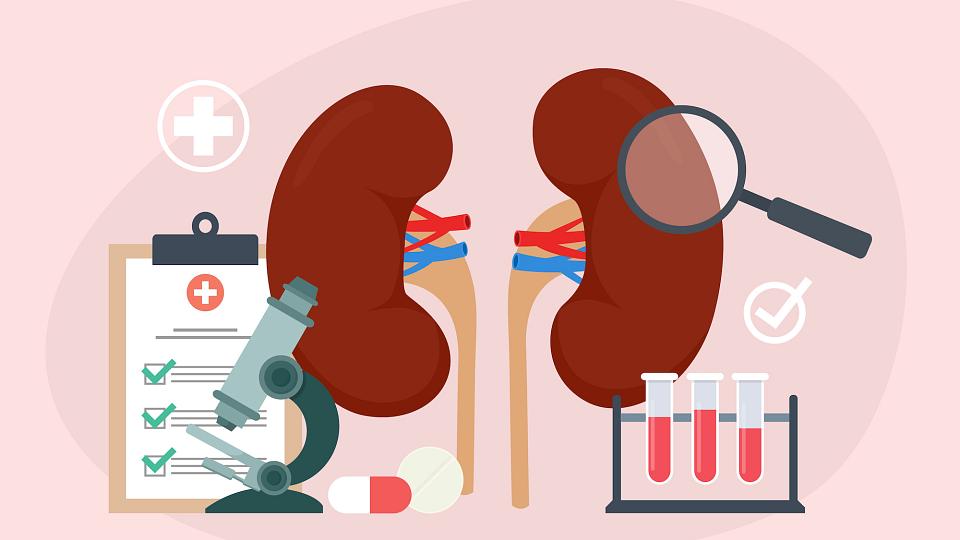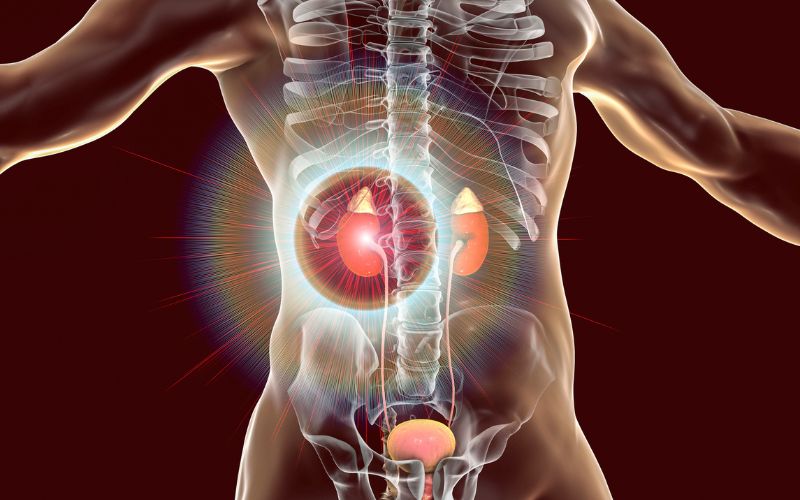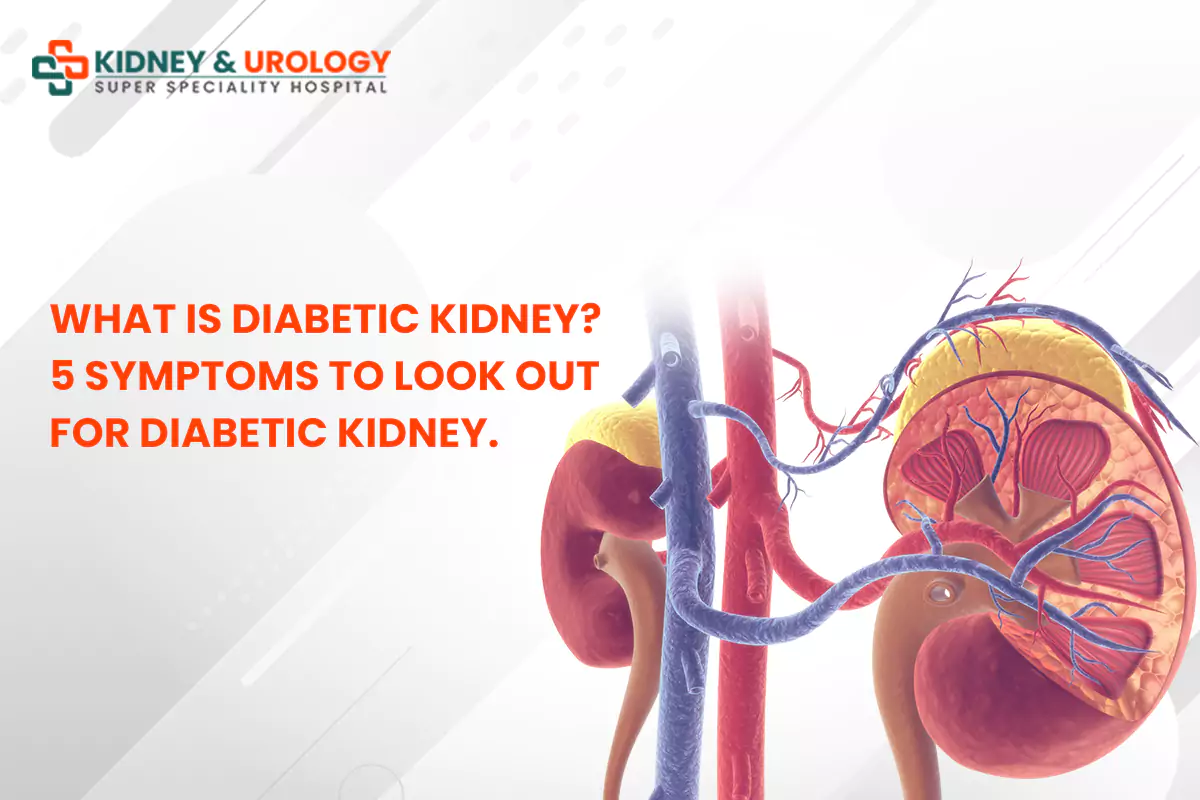Can Prostate Cancer Be Cured? | SS Kidney & Urology Hospital, Rewari
Prostate for men produces fluid and is located around in the urethra. Concerns about prostate cancer bring up the question: can prostate cancer be cured? At SS Kidney & Urology Hospital, Rewari,
In this article, top urologist in Haryana explains what prostate cancer is, its symptoms and signs, and treatment frombest urology hospital in Haryana.
What Is Prostate Cancer & Prostate Gland Basics
The prostate gland is a small, walnut sized organ (though “normal size” may vary by age) located just below the bladder, surrounding the urethra in men. It produces fluid that is part of semen. Prostate problems can range from benign enlargement (benign prostatic hyperplasia) to inflammation (prostatitis) to prostate cancer.
Prostate cancer arises when some cells in the prostate gland begin to grow uncontrollably. Often the cancer grows slowly. It may never cause serious harm. But in some cases, prostate cancer spread beyond the prostate gland and become life threatening serious concern.
Prostate Cancer Symptoms & Signs
Prostate cancer causes no noticeable symptoms. That’s why it is called a “silent” disease. However, as cancer progresses, the symptoms of prostate cancer become evident. These include:
-
Difficulty urinating, weak urine flow, or flow that starts and stops
-
Frequent urination, especially at night
-
Pain or burning during urination
-
Urgency to urinate but inability to fully empty the bladder
-
Blood in urine or semen
-
Pain in the lower back, hips, or pelvis
-
Erectile dysfunction or painful ejaculation
Because many of these can also occur in non cancerous conditions, such as BPH (benign prostatic enlargement) or prostatitis.
How Do Doctors Detect Prostate Cancer?
Proper prostate cancer diagnosis is a multi step process. At SS Kidney & Urology Hospital, Rewari, our urology specialists follow international best practices:
-
PSA prostate test (Prostate Specific Antigen): A blood test that measures PSA levels. Elevated PSA can suggest prostate cancer, though benign prostate enlargement and other conditions also raise PSA.
-
Digital Rectal Exam (DRE): Physician feels the prostate gland via rectum to detect bumps, hardness or irregular areas.
-
Imaging: MRI or transrectal ultrasound to look at the prostate gland and nearby structures.
-
Biopsy: If PSA and imaging suggest risk, a tissue sample is taken and examined (often with Gleason scoring) to see how aggressive the cancer is.
Can Prostate Enlargement Be Cured?
Prostate enlargement (often called BPH) is a different entity than prostate cancer, though they can share some symptoms. Can prostate enlargement be cured? In many cases, yes. With medication, lifestyle changes, or surgical procedures, an enlarged prostate can be managed successfully. However, BPH is not cancer; curing BPH means reducing symptoms and normalizing urine flow, not eliminating cancer.
Treatment Options for Prostate Cancer in Haryana
Once prostate cancer is diagnosed, Here are major treatment options:
-
Active Surveillance: For very slow growing cancer confined to prostate gland and low risk, monitoring rather than immediate treatment.
-
Radical Prostatectomy: Surgical removal of the prostate (and sometimes nearby tissue).
-
Radiation Therapy: Includes external beam radiation or brachytherapy (placing radioactive sources in prostate).
-
Hormone Therapy: Lowering or blocking male hormones (testosterone) that fuel prostate cancer growth.
-
Combination Therapies: Radiation + hormone therapy, or surgery plus additional treatments, depending on risk.
AKI is often reversible, and the kidneys can start working again within weeks or months after treating the underlying cause. During this time, the patient may need dialysis.
Cure / Survival Rates
-
When prostate cancer is localized (still within the prostate gland), the 5 year survival rate is over 99%.
-
For regional stage (cancer spread to nearby tissue or lymph nodes), survival remains very high (>99%).
-
Metabolic acidosis: It occurs when the kidneys can't excrete the body's daily acid load, making the blood more acidic. It can increase the risk of hypertension, heart failure, muscle wasting, bone loss, and death.
-
If cancer has metastasized (spread to distant organs), survival drops significantly; long term cure becomes much harder but disease control is possible.
So yes , for many men, especially when detected early, prostate cancer can indeed be cured or fully remitted with proper treatment.
Lifestyle changes
These can help you stay healthy and include:
What Affects the Possibility of a Cure?
Several factors determine whether prostate cancer can be cured:
1. Stage at diagnosis: Earlier detection when cancer is still within the prostate enables curative treatments.
2. PSA levels & Gleason score: Higher PSA, high Gleason score: more aggressive disease.
3. Patient age and overall health: Younger, healthier patients tolerate treatments better.
4. Treatment type & quality: Surgery vs radiation; surgical expertise matters.
5. Follow up & monitoring: After treatment, regular checks of PSA and imaging help detect recurrence early.
Can Prostate Cancer Be Prevented or Lowered in Risk?
While not all cases are preventable, risk can be lowered by lifestyle and medical care:
-
Regular screening if you’re over 50, or earlier if you have family history.
-
Healthy diet, maintaining weight, exercise.
-
Avoiding smoking, limiting red meat and processed foods.
-
Prompt evaluation of prostate problems: urinary symptoms, pain, or PSA test abnormalities.
At SS Kidney & Urology Hospital, Rewari, our patients often ask: can prostate cancer be cured? The honest answer is: yes, especially when prostate cancer is detected early, confined to the prostate gland, and treated by skilled urologists with modern medical and surgical therapies. Even in more advanced stages, treatment can offer excellent quality of life and disease control.














Request A Callback